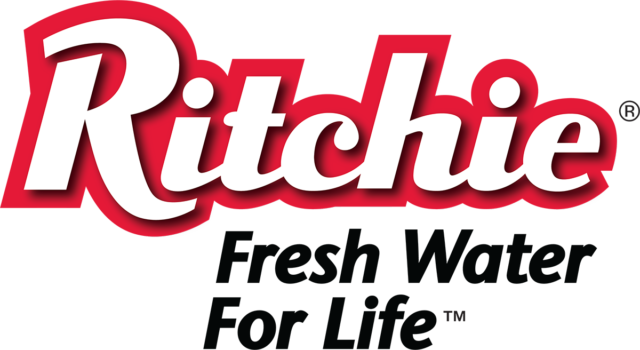The following are statements from the House floor debate June 20 on the Goodlatte-Scott Amendment to remove supply management from proposed dairy reforms. The amendment was eventually passed 291-135.
“… This has been a tough one for me because I am the only dairy farmer in this room … This margin insurance, by definition, is an insurance when you lose money.
You lose money because you’re producing a product consumers aren’t buying. If government is going to continue to push money in that direction, we have to make sure that they don’t continue to produce that product consumers don’t want.”
Representative David Valadao
(R-California) NO
“… It does not seem that we ought to be removing government production limits from our dairy program.
Expanding distribution markets throughout the world is one of the best ways to grow American business and create jobs, and that should be one of the roles of government: to remove barriers to expansion and growth.
The Dairy Security Act not only provides more stability for the producer, but the consumer benefits as well. And you should understand this is voluntary. If you want to grow, you can grow. If you don’t want to enter the program, you don’t have to enter the program. It is voluntary.”
Representative James Moran
(D-Virginia) YES
“Our founders kind of instructed us and said, if you can find agreement in this Chamber, do those things; but if you can’t find agreement–and we can’t find agreement here–don’t do those things.
And so what Mr. Goodlatte is trying to do is go to the place where we have the most and most broad agreement, leaving the margin insurance element in place for farmers, but stripping out the supply management element where some regions of the country would be damaged by it.”
Representative Reid Ribble
(R-Wisconsin) YES
“Market stabilization is exactly what Apple Computer does. If they make and sell more iPods, they produce more. If sales go down, they taper off. Why not give the market signal to our farmer? This market stabilization is using the market. It’s an ally of the farmer, as it should be.”
Representative Peter Welch
(D-Vermont) NO
“The underlying farm bill is designed to artificially raise the price of milk. This will have negative consequences for consumers… And when milk price increases, it disproportionately harms America’s poor, working families.
I do believe in an individual’s right to earn a living, to start a business, to earn a profit, to grow that business, and to expand to meet new market opportunities without government interference. And I also believe that should be specifically available to dairy farmers as well.
But in the dairy program before us today, that flies in the face of this right. Government should not have the power to tell dairy farmers that they won’t be paid for the milk they produce.”
Representative Barbara Lee
(D-California) YES
“Dairy farming is risky business. You’ve heard that from them themselves. These are the folks that are up at 4 a.m., rain, shine, snow or sleet – doesn’t matter – 7 days a week, 365 days a year milking cows, and then they do it again 12 hours later.
They don’t get rich off this. They don’t get sick time, and they don’t get paid holidays. They get no time off if you want to get to it. The one thing we can provide them is certainty and take the volatility out of the market ...”
Representative Tim Walz
(D-Minnesota) NO
“There has been a great deal of misinformation about how the Dairy Security Act would affect consumers, but researchers like Dr. Brown at the University of Missouri, estimated milk prices will only rise between one-half of 1 cent to a few cents per gallon. The current volatility in the market is far more harmful to consumers than that very slight increase.” PD
Representative Suzan DelBene
(D-Washington) NO




